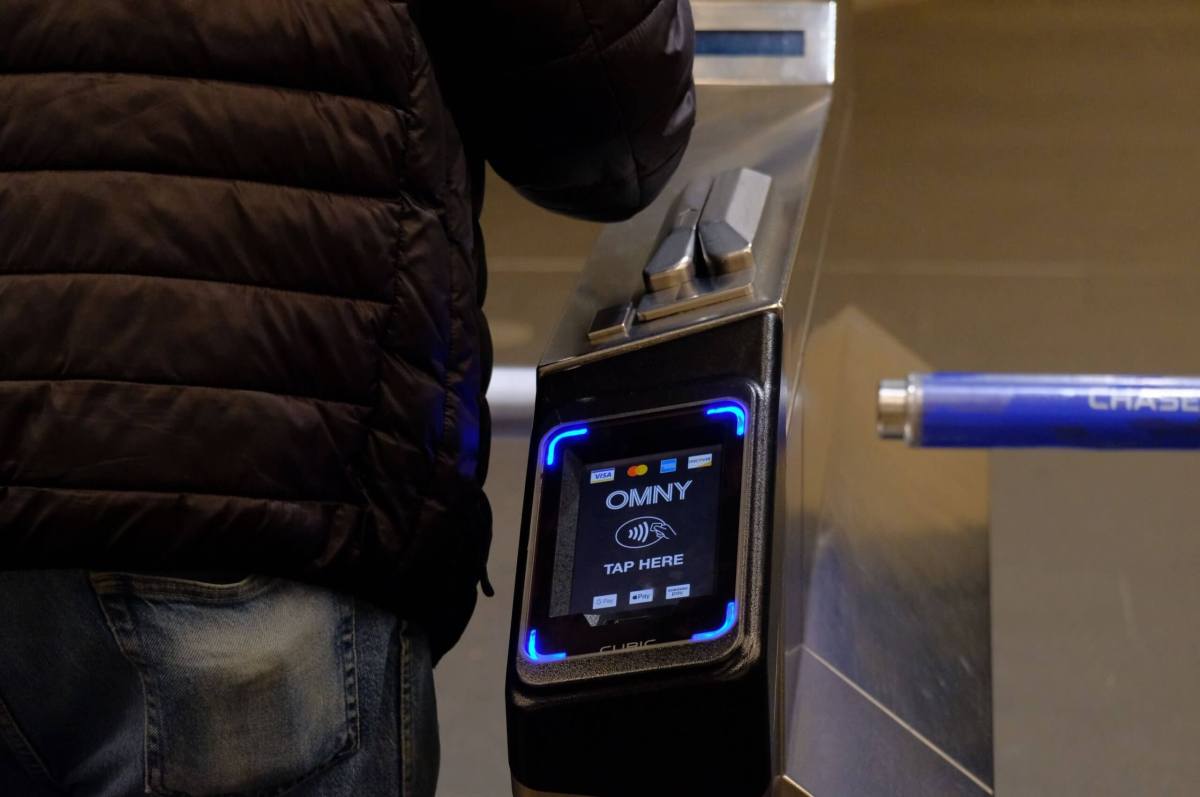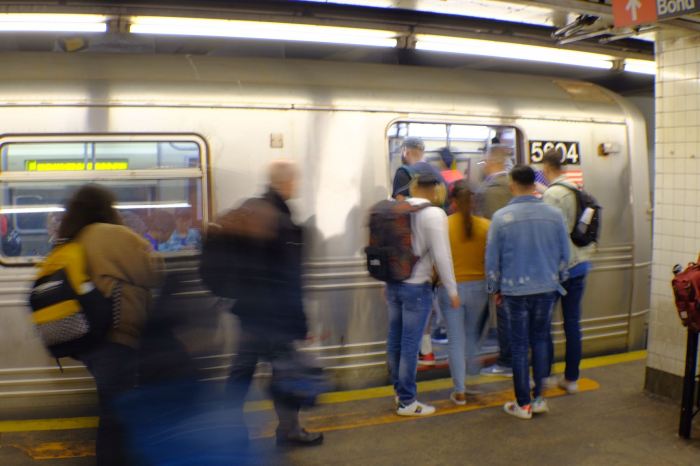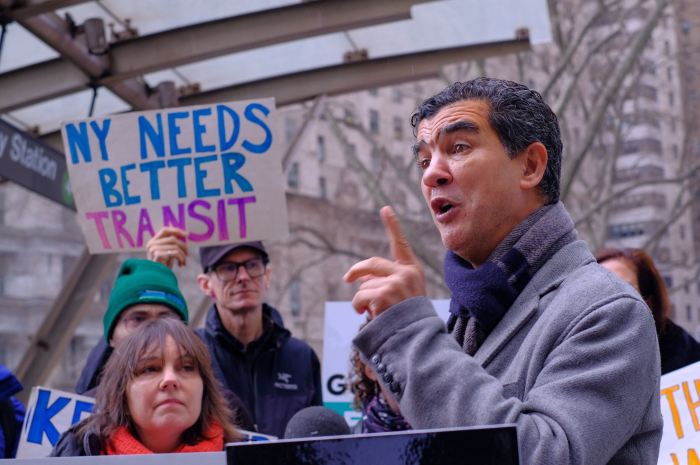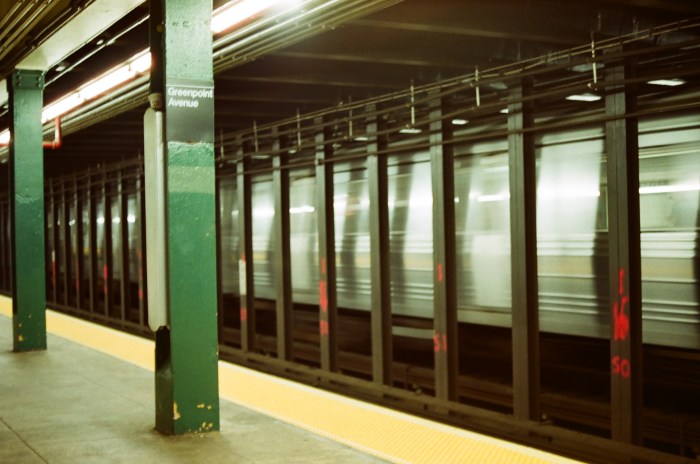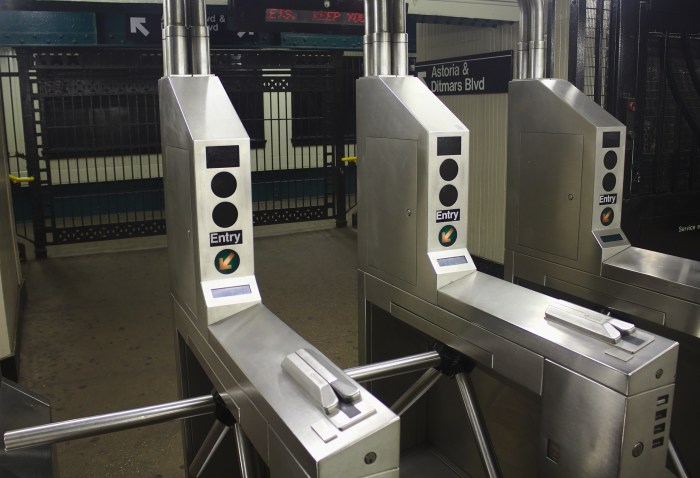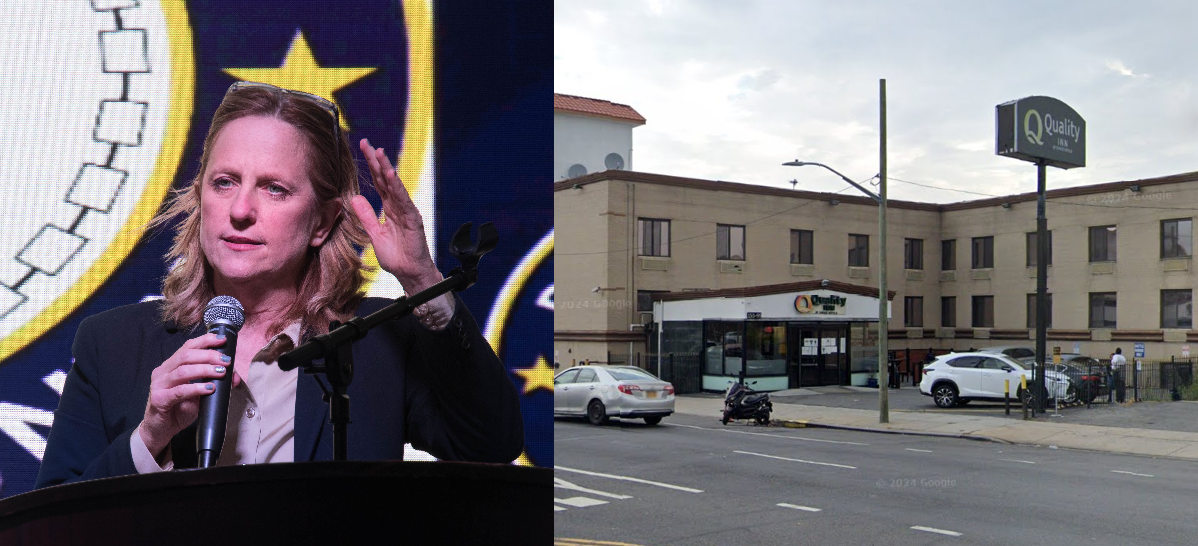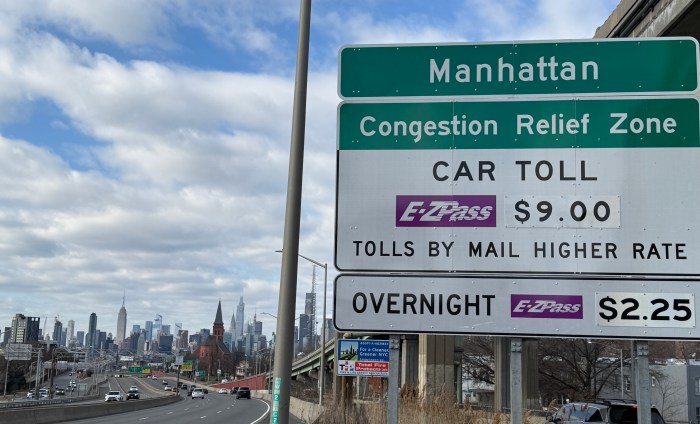The Metropolitan Transportation Authority’s Jan. 21 meeting was set to be the decider on a 4% increase on fares, something widely opposed by riders who spoke out at public hearings on the matter.
Now the MTA says they postpone a decision on what critics have called a regressive tax on low-income New Yorkers who depend on mass transit the most, citing the healthy prospects of aid from the incoming Biden administration.
MTA Chairman Pat Foye claimed the agency could get up to $8 billion in pandemic relief after months of pleading from the Trump administration and Senator Mitch McConnell.
“The COVID-19 pandemic has wreaked economic havoc — devastating the MTA‘s ridership and revenues and bringing them to levels far worse than the Great Depression. It has also hit people of color and low-income communities hardest, many of whom are the very same essential workers that have been on the frontlines of this crisis and who are also most dependent on mass transit,” Foye said. “”Buoyed by President-elect Biden, incoming Senate Majority Leader Chuck Schumer and Speaker Nancy Pelosi, the MTA also has hope for $8 billion in additional pandemic relief and continued federal investment in mass transit in 2021 and beyond. For these reasons, the MTA has decided to postpone the planned fare increase for several months.”
Since announcing the possibility of a fare and toll increase due to financial fallout from COVID-19, the MTA held eight hearings on the matter, some of which took place before the clear victory of President-elect Joe Biden over President Donald Trump in the November general election.
“This morning’s news that the MTA will delay plans to hike fares on hardworking LIRR riders is welcomed,” Senator Todd Kamsinky, a member of the Senate Transportation Committe, said. “While we are recovering from a global pandemic and trying to get commuters back onto trains, a fare hike would have been counterproductive and shortsighted. The fight remains to ensure Long Islanders can afford to commute into Manhattan — and the rebirth of our state’s economy requires it.”
Organizations such as Riders Alliance has taken a firm stance on the agency using tapping much-needed operating funds from straphangers.



